These Online Brokers Make Investing In Stocks Easier Than Ever

Americans love the stock market. This year, people who invested in stocks have made a fortune. The S&P 500 is up 15%, the Dow is up 18%, and the tech-focused NASDAQ is up 27%
Also, Americans admire people who have made a fortune in the stock market like Warren Buffet, David Einhorn, and Dan Loeb.
They understand that Wall Street is the backbone of the American economy. Like William Cohan said in his book, Why Wall Street Matters, without Wall Street, there would be no FaceBook, Amazon, Microsoft, and Apple. This is because Wall Street is the energy that powers these corporations.
Fortunately, anyone in the country can participate in this market. Yes. That includes you.
All you need is capital and a good broker. In this article, I review the best brokers you can use to trade stocks, indices, and ETFs.
Robinhood

This is a relatively new company started in 2013. The company entered the market to disrupt the stock brokerage business by removing the fees charged by other firms.
Today, the company offers a mobile app which allows you to buy and sell stocks without paying any fee no matter the size of the transaction.
The app is used by more than 5 million people and has transacted billions of dollars. Also, it has raised more than $176 million and is now valued at more than $1 billion. Rumors are that it could go public soon.
The app has also integrated with other popular apps like Yahoo Finance and StockTwits which means anyone can buy stocks on these platforms.
I recommend Robinhood for any investor who wants to save money. And you should.
You can read more about Robinhood here.
TD Ameritrade

If you are afraid of investing with a new platform like Robinhood, then TD Ameritrade is for you. TD Ameritrade has offered its brokerage services for more than 40 years.
The company offers all assets including stocks, options, bonds, mutual funds, futures, ETFs, bonds and fixed income, and indices.
The main problem I have with the company is its fees. The company charges $6.45 per trade no matter its size.
The main reasons why I would recommend the company are its intuitive trading tools (mobile and web-based), more than 100 branches nationwide, and the research from investment banks. Also, the company does not have an account minimum.
You can learn more about TD Ameritrade and its pricing here.
Ally Invest
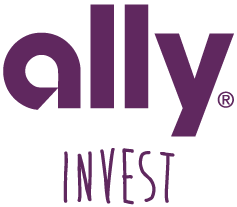
Ally Invest is a product from Ally Bank, the biggest online-only bank in the country. The platform gives investors an opportunity to invest or trade in U.S. equities and ETFs.
The company’s charges are:
- $4.95 per trade
- $0.65 + $4.95 for options trades
The company offers an intuitive trading experience through its trading mobile apps and a web-based application. Its applications have advanced charting features that give traders an opportunity to conduct an in-depth analysis of their stocks. Also, there is no account minimum.
Also, investors receive investment research from leading investment banks on stock recommendations.
If you don’t want to invest for yourself, you can subscribe to Ally Invest Manage accounts and pay an annual fee of 0.3% of your funds.
You can learn more about Ally Invest here.
Charles Schwab
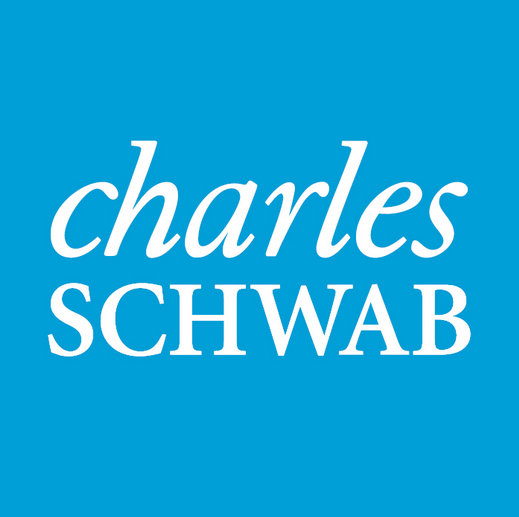
Charles Schwab is one of the biggest discount brokers in the country. The company offers investors an opportunity to invest in the stock, options, and ETF market.
The trading fees are:
- $4.95 equity trades
- $4.95 + $0.65 options per contract
The company’s key features are intuitive web and mobile trading platforms, one-on-one consultation with a consultant, expert insight, and research from credible analysts, live data streaming, and dedicated support from qualified professionals. You can also get 500 commission-free trades if you deposit $100,000 in your trading account. Also, the company offers a free demo account for you to practice trading with.
My problem with the company is the fees and the required account minimum of $1,000.
You can learn more about the company here.
Fidelity

Fidelity is the biggest privately-owned broker for all types of assets including stocks, options, ETFs, indices, fixed income, and mutual funds among others.
The company’s fees are:
- $4.95 equity trades.
- $4.95 + online options per contract.
The company’s pros are lower fees compared to TD Ameritrade and Schwab, thousands of tradable assets, intuitive mobile and web applications, a nationwide branch network, and an offer for 500 free trades if you deposit more than $100,000 and 300 free trades if you deposit $50,000.
Also, the company provides the best tools to analyze ETFs. Just search an ETF ticker, and you will see all information about the ETF. Also, it provides you quality research from top analysts including Goldman Sachs, Morgan Stanley, and Barclays.
My problem with the company is the minimum deposit amount of $2,500.
You can learn more about Fidelity here.
Interactive Brokers
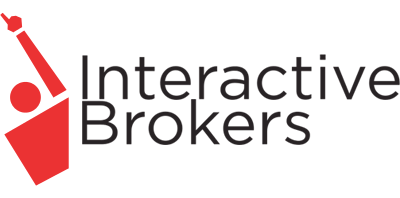
Interactive Brokers is another low-cost broker you can try.
The company’s fees are different from those of other brokers. Instead of taking a fee per trade, the company takes $0.005 per share.
The company’s pros are low commissions compared to its peers, access to more markets (120 markets in 26 countries), access to data 24 hours, 6 days a week, and its mobile and web applications. Also, the company offers its clients access to research from top firms.
The cons of this account are high account minimums ($10,000), and I don’t like its software. I find it is complicated to use.
E-Trade
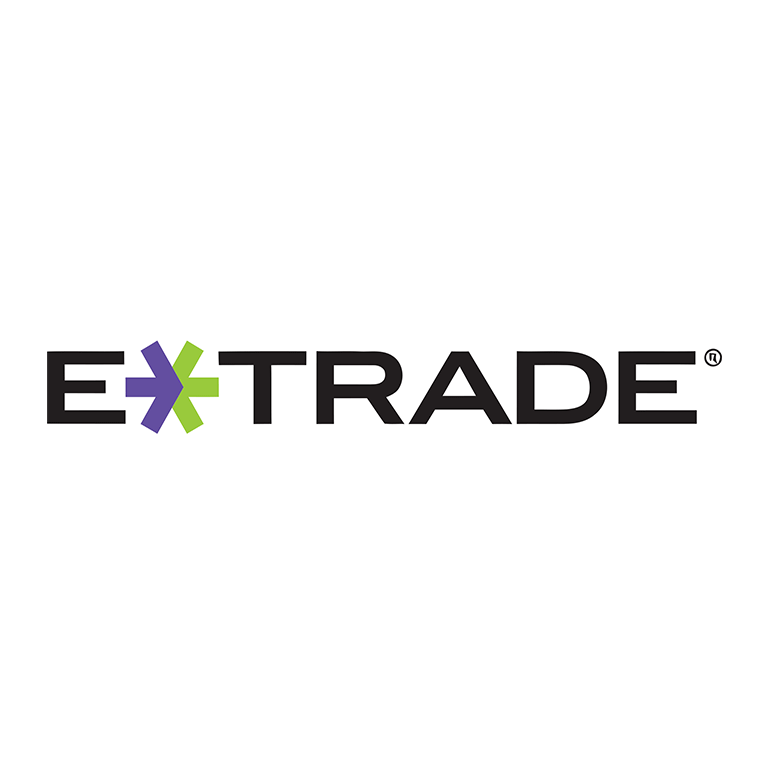
E-Trade is also one of the biggest brokers in the market today. Its fees are:
- $6.95 – equity trades
- $6.5 + $0.75 – Options
The company’s pros are superior mobile and web applications, a free practice account, access to options, futures, and margin tools, and human support every day.
It has an offer where you can get up to 2,500 free trades. You can read more about the offer here. Also, it offers traders with a range of investment research data from top institutions.
My only problem with E-Trade is its higher fees compared to those of its peers.
Scottrade
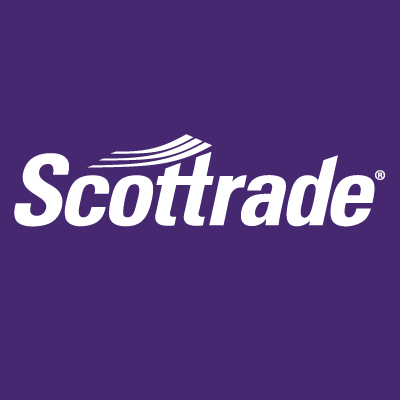
Scottrade is another common broker. Its fees are:
- $6.95 – equity trades.
- $6.95 + $0.70 – options trade
The company’s pros are more local branches than its peers, more mutual funds (13000+) than its peers, no account management fee, no fee to buy or sell mutual funds, and free analyst reports.
Its cons are high account minimum of $2,500, and I don’t like its mobile and web applications.
You can learn more about this account here.
Also, find the account’s other fees here.
Merrill Edge
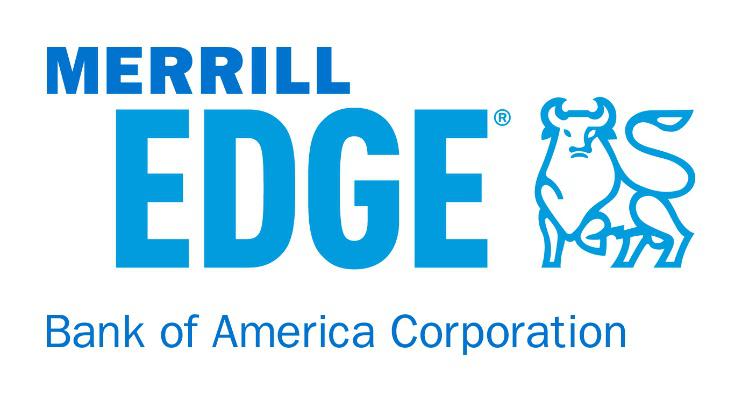
What does Merrill Edge remind you? Frankly, it reminds me of the once mighty Merrill Lynch.
Merrill Edge is now owned by Bank of America. Its fees are:
- $6.95 – stock fees
- $6.95 + $0.65 – options fees
If you want help investing, the company offers two services. First, the Merrill Edge guided investing which requires a minimum balance of $5,000 and charges you a fee of 0.45%. Second, you can invest with an advisor if you have a minimum investment of $20,000. Here, you will pay an annual fee of 0.85%.
The pros are no minimum deposit for your stocks account, intuitive website and mobile applications, award-winning insights, integrated with Bank of America, and quality customer service.
The cons with the company are high fees and no commission-free ETFs.
You can learn more about this account here.
Final Thoughts
The company you select will depend on your investing goals. If your goal is to trade stocks and ETFs only, I recommend that you use Robinhood. As I mentioned, the company does not charge any fees. If on the other hand, you want managed accounts and other complicated assets, I recommend you select the broker with the least fees. In the case of the brokers mentioned, this company will be Fidelity. Also, I recommend that you look at the other fees that these companies charge.








